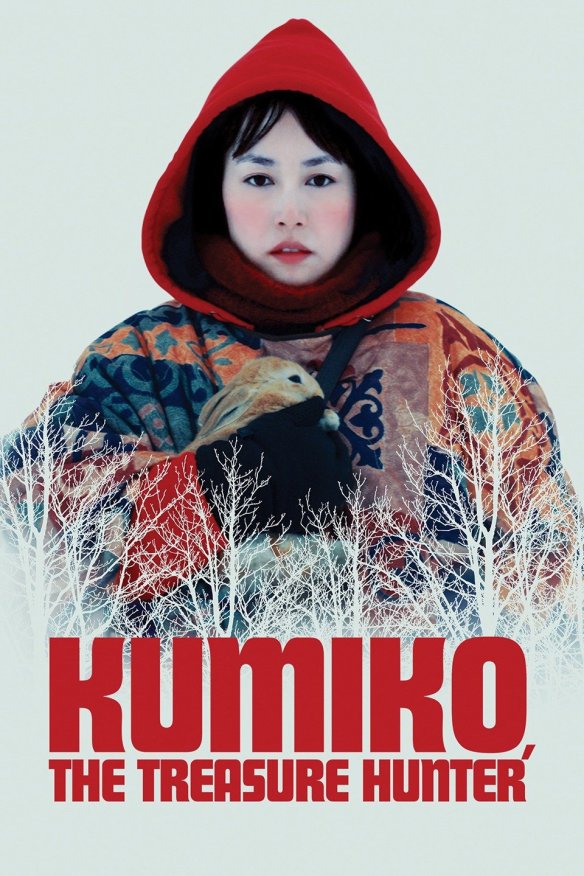Greetings Loved Ones! Liu Is The Name, And Views Are My Game.
Don’t you just hate it when adaptations of beloved stories take huge liberties with their source material? No? Well, some people must, because critics everywhere went nuts over the fact that the subject of today’s review, Helen Oyeyemi’s Boy, Snow, Bird, a supposed re-telling of the Snow White story, didn’t follow the plot of the original fairy tale. But, here’s the thing: if you actually read this book, you realize that it’s not really Snow White and the Seven Dwarves. Sure, it’s got elements of the Snow White mythos in it–there’s a “wicked” stepmother who dislikes her beautiful, fair-skinned step-daughter, and frequent references to mirrors and apples–but it is ultimately its own animal. It’s got its own story, its own universe, and its own resolution. I honestly think that the only reason it got marketed as a Snow White re-telling is that the publishers didn’t know what to make of this surreal, highly original work, and decided to give potential buyers a categorization they could understand.
But, all that aside, you’re probably wondering what this book is about, and more importantly, if it’s any good. Well, concerning plot, the novel begins with a young blonde white woman named Boy–trust me, the color of her hair and skin are actually important–running away from her abusive father in New York, and moving up to a small town in New England. There she meets Arturo, a jewelry maker with a daughter from a previous marriage, they court, fall in love, and get married. Everything seems hunky dory until Boy has their baby, a little girl named bird, who is born Black. Boy doesn’t know what to make of this until Arturo explains to her that he and his whole family are actually fair-skinned African Americans who have been passing for White in order to avoid discrimination. This whole story takes place back in the 1960s, so race is a huge deal here. Now, at this point, you’d think the story is going to be about Boy overcoming her prejudices, and learning to love her husband and step-daughter, Snow, who, like her father, is White passing. BUt it isn’t. We just jump ahead 12 years, and find ourselves being told the story from the perspective of Bird. Apparently, Boy sent Snow away to live with her Black family, and Bird doesn’t know her sister because her mother doesn’t let Snow come back. All this seems like good material for conflict–maybe Bird will run away to be with her sister, maybe Snow will come back and kill Boy–but, once again, the author does nothing with it. We just read some of Bird’s diary entries, as well as some letters she and Snow exchange, and then the narration switches back to Boy, who explains that Snow is living with them again, and that she and her step-daughter have made up. But what is perhaps the most infuriating about this novel, besides its wasted dramatic potential, is the last fifteen pages. They throw in a brand new story element that, while it does, admittedly, explain some weird aspects from earlier in the book, changes the tone and themes of the novel completely. Imagine if you were reading a book that, up until the last ten pages, seemed like a straightforward murder-mystery, but then, in the very last section, was revealed to actually be an Alien invasion thriller. If you can imagine the amount of shock and frustration you’d feel at something like that, then you’ll have a pretty good idea of how nonplused I was at the end of “Boy, Snow, Bird,” because that’s basically what the author, Helen Oyeyemi, did. She took a seemingly straight-forward drama about race and identity, and just flipped it on its head.
Now, before I go any further, I just want to be clear and say that I don’t think this novel is all bad. The characters are interesting, and you get to know the three women of the title pretty well. In addition to this, Oyeyemi has a unique and quirky voice that I find very enjoyable to read. The problem is that, very often, it feels like she is focused more on showing us how quirky, off beat and original she is than telling a story that makes logical sense. For instance, there are several scenes in the novel where characters describe not being able to see their reflections in the mirror, as well as conversations they had with spiders. (I’m not kidding about that latter part.) And while you could make the argument that the mirror bit is in keeping with the overall theme of identity being a fluid concept that isn’t always clear, the spider part contributes nothing to the overall narrative, and never gets explained. So, when you combine these odd, unexplained story elements, with the completely out-of-left-field ending, you get a novel that is entertaining to read, but ultimately frustrating.
For that reason, I have decided to give Boy, Snow, Bird a 6 out of 10. It’s not the best thing out there, but it isn’t half bad either. If you can accept the strangeness, you’ll probably like it. If you can’t, well, do your best to avoid it.




